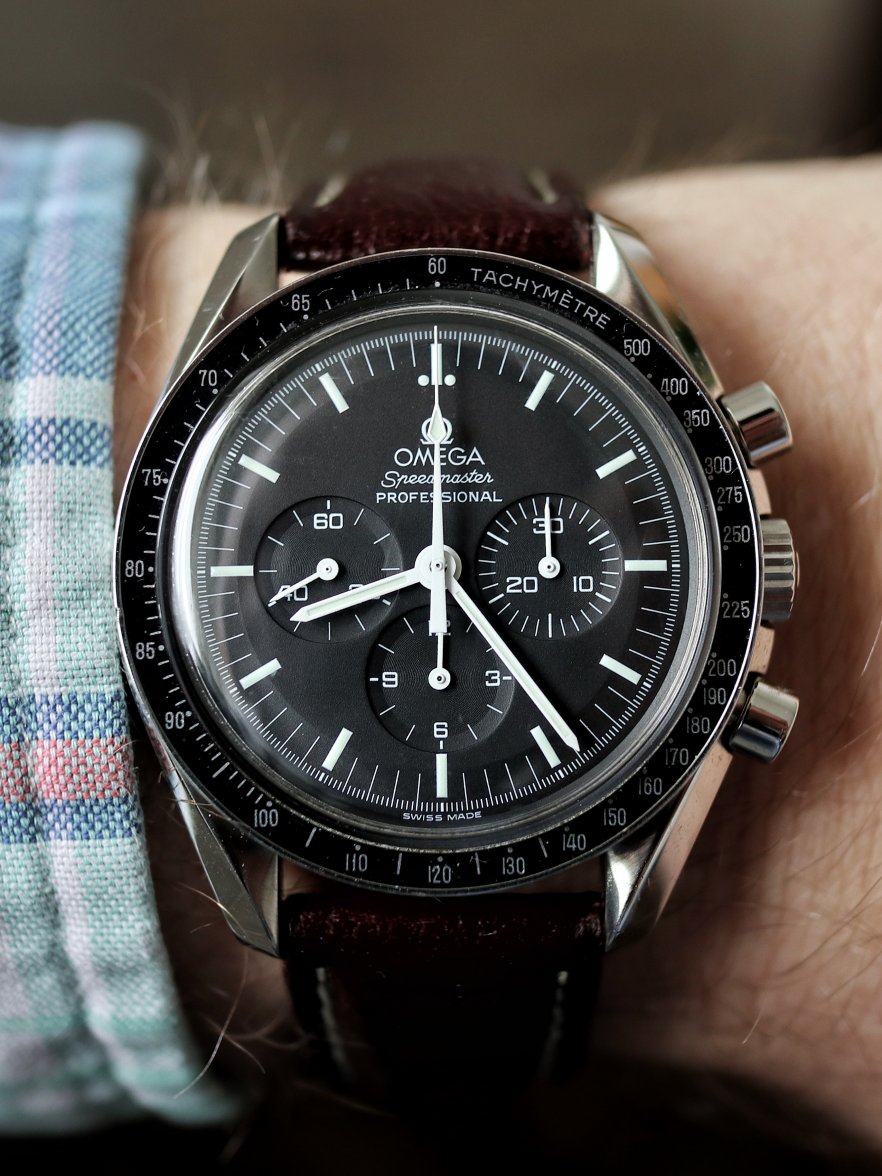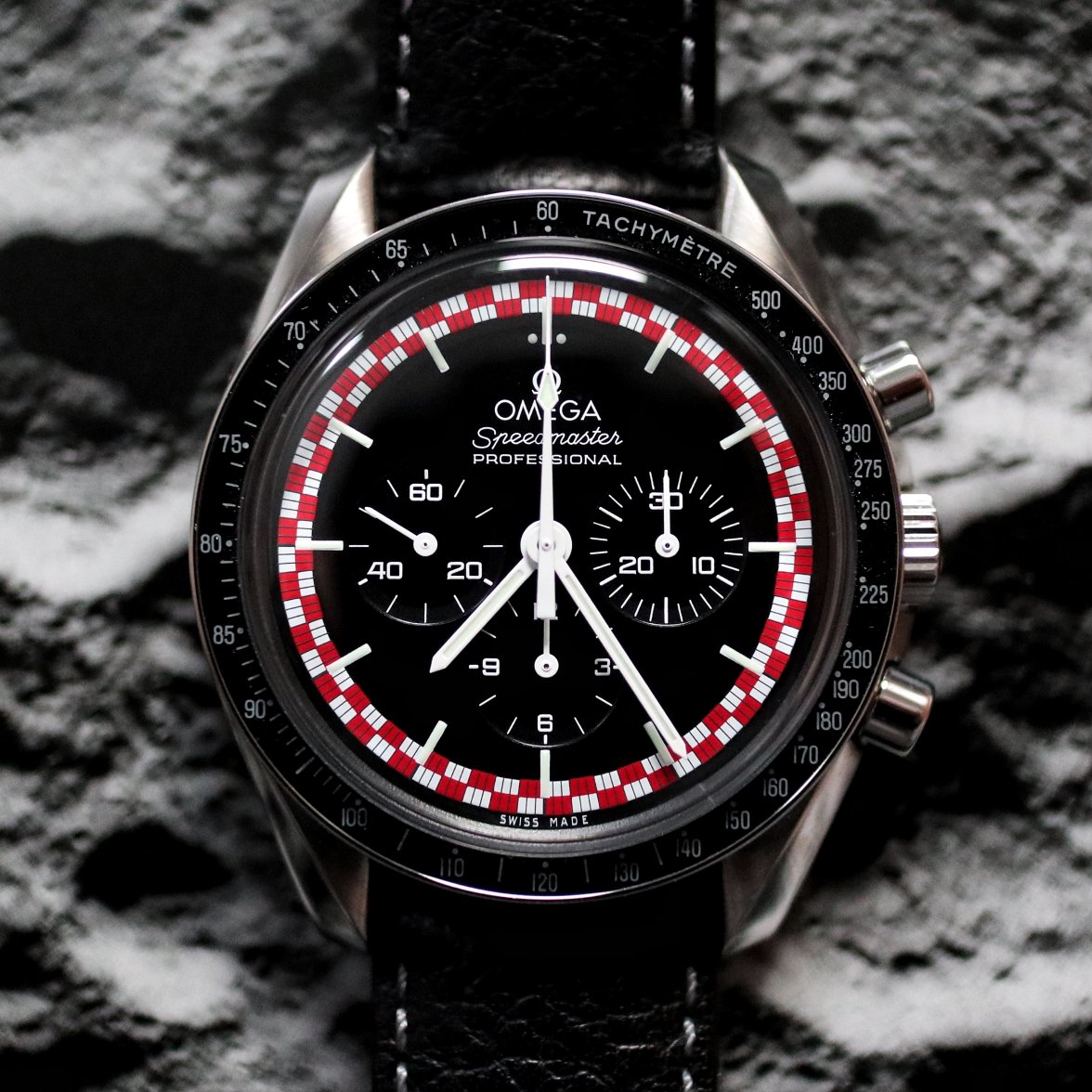MTROIS
·People have been winding these watches daily for 50+ years without dissecting the wording of the manual, so people have been following their common sense and doing just fine.
This is so true.... and reminds me of that scene in "A few good men" when Lt. Caffy (Tom Cruise) is asking one of the marines who is on the witness stand to show him the page in the manual where the chow hall is.... and the answer:
"Hum, that page does not exist, Sir! I just follow everybody else, Sir!!" Priceless!! 😗
As an aside, although this thread is taking it to an extreme, it is because the population on OF is more skewed to the technical aspect of watch making/collecting vs. the "will this tiny scrape on my PCL/clasp buff out!?!" (As I often see on another popular Swiss brand-dedicated forum), that I spend most of my time around here. And this is in no small amount due to people like Al and many others around here.
Thank you guys!! 👍

